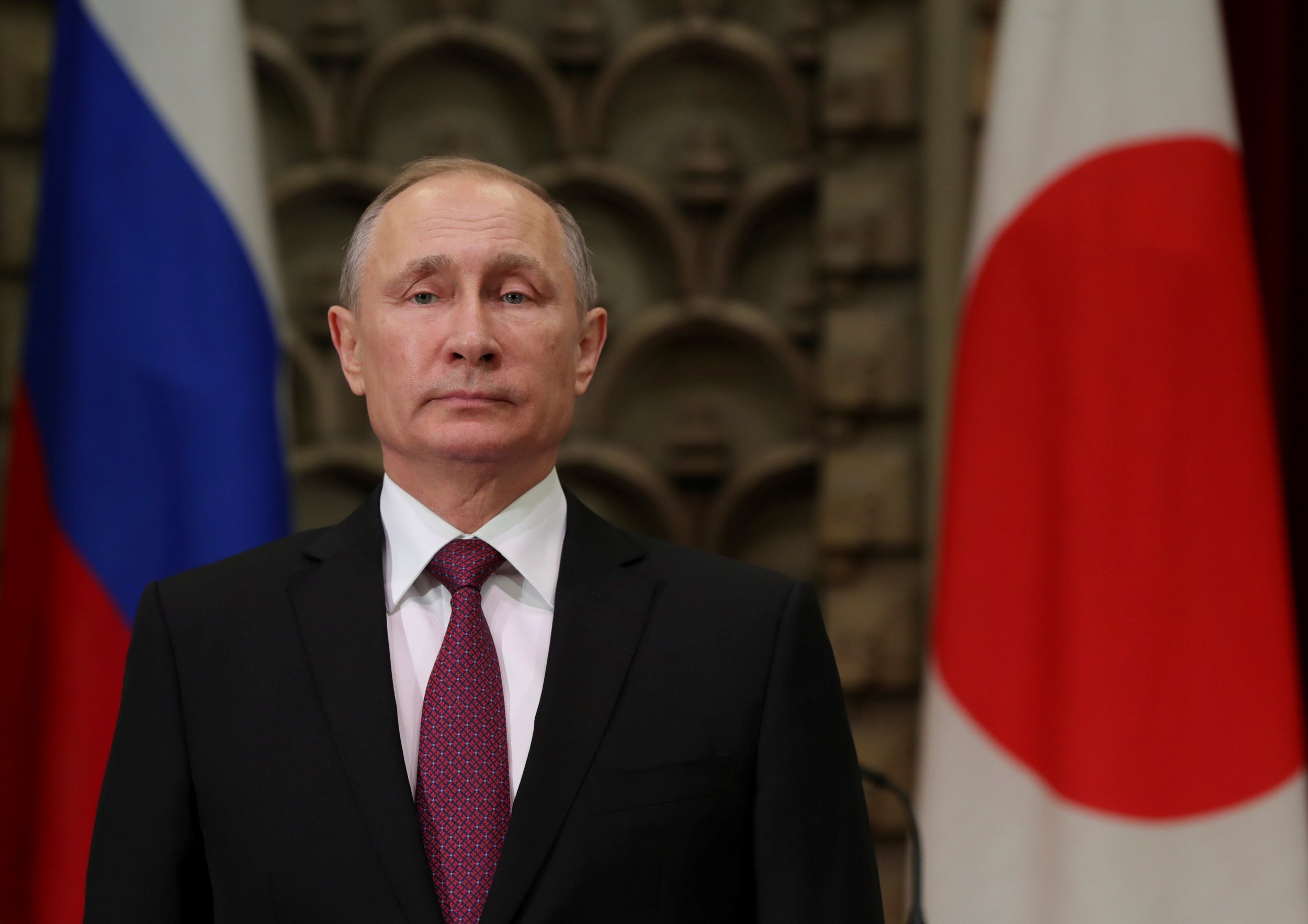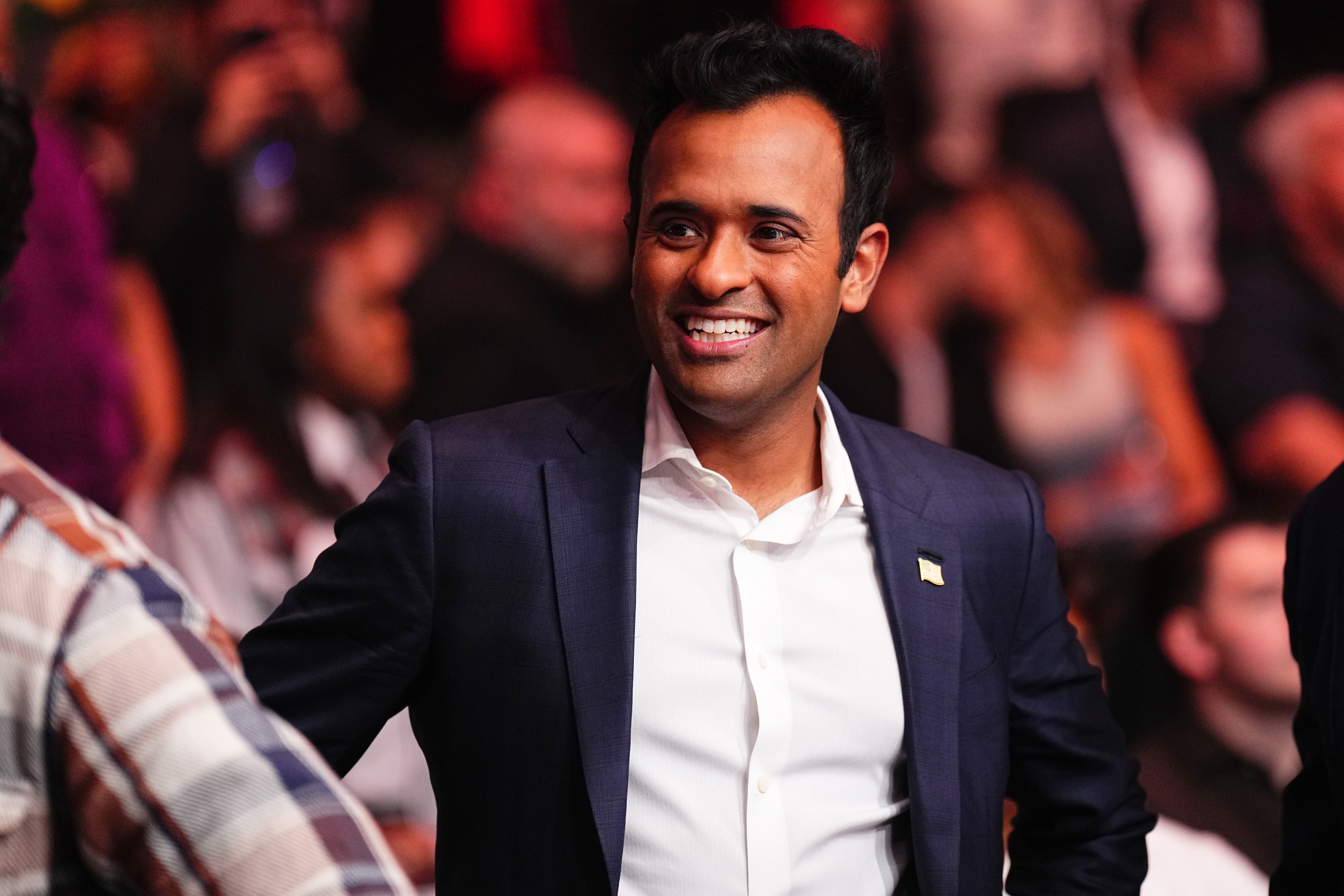
With a derelict Berlin already flying the red Soviet flag in the spring of 1945, Joseph Stalin and his most lauded general, Georgy Zhukov, had reached the crowning point of a triumph that Moscow marks with pomp and circumstance to this day. Almost three months later, however, the Red Army opened a final chapter in its World War II maneuvers that remains unfinished.
On August 8, 1945, the Soviet Union declared war on Japan, pouring more than a million troops into Japanese-occupied Manchuria, in northeastern China. The 700,000-strong Japanese army was overwhelmed, as their compatriots at home faced the catastrophic allied nuclear strikes at Hiroshima and Nagasaki.
Related: Vladimir Putin names his first love during visit to Japan
With Japan's imminent defeat, Stalin's troops stayed on the territories that Russia rebranded the South Kuril Islands and has kept ever since.
The four islands, known in Japan as the Northern Territories, are Japanese by virtue of a treaty with Russia signed in 1855. In the wake of World War II, the islands, like a handful of non-Soviet territories before the start of the war, underwent a drastic change.
The Soviet Union by 1949 had deported all Japanese residents to Japan. The dispute continues until today, meaning Russia and Japan still have no official document of peace that reconciles their post-war relationship.
Japan's Prime Minister Shinzo Abe has been one of Russian President Vladimir Putin's most frequent interlocutors as Putin pencils in a meeting with the leader for practically every summit or event that both attend. Tokyo even created a ministerial position earlier this year whose entire portfolio is negotiating with Russia.
More recently, Abe has said he aims at convincing Putin to see the value in closing ranks against North Korea's nuclear posturing. Yet a solution to the dispute surrounding the islands remains elusive and Ambassador William Courtney, adjunct senior fellow at the RAND Corporation, says the Kremlin's track record of avoiding compromise may be to blame.
"The island dispute and the idea to use trade and energy deals to resolve it has been around since the Soviet period," Courtney says. "In Moscow, the Kremlin has been reluctant to make any territorial concessions, in big part because they are strongly opposed by a group of ultranationalists in the security forces and many other places. Putin has a real challenge from people who are more nationalist than him."
With two major waves of protests within the last year and Putin's term finishing in March, the Kremlin will be averse to make any decision that could constitute a sign of weakness.
Both Japan and Russia have an interest in finding nearby trading partners in the Asia Pacific region, to counter China's dominance. Russia has courted Japanese investment in its underdeveloped far east, while Japan is looking for energy.
"Gas is a critical issue," Courtney says. "Japan imports about 10 percent of its energy from Russia, and there has been an issue with Russia building pipelines because of the dispute. If the Kremlin was smart they would resolve this issue and seek to become the gas provider to Japan as it is to Europe now."
Russia's state-run Gazprom pumps more than a third (34 percent) of the entire European Union's gas and currently plans to open two more pipelines, heading west. Hiroshige Seko, Japan's minister for Economy, Trade and Industry, said on Monday that Tokyo would be interested in receiving more liquefied natural gas from Russia, with the island dispute being the main hurdle.
"Both in the Soviet period and today, the Kremlin has tended to make decisions on political grounds rather than economic grounds," Courtney says. "It makes economic sense for Russia to resolve this issue with Japan. But Putin is probably concerned about his political situation. He is probably more concerned about pressure from the ultranationalists to look strong."
Uncommon Knowledge
Newsweek is committed to challenging conventional wisdom and finding connections in the search for common ground.
Newsweek is committed to challenging conventional wisdom and finding connections in the search for common ground.
About the writer
I am a Staff Writer for Newsweek's international desk. I report on current events in Russia, the former Soviet Union ... Read more
To read how Newsweek uses AI as a newsroom tool, Click here.








